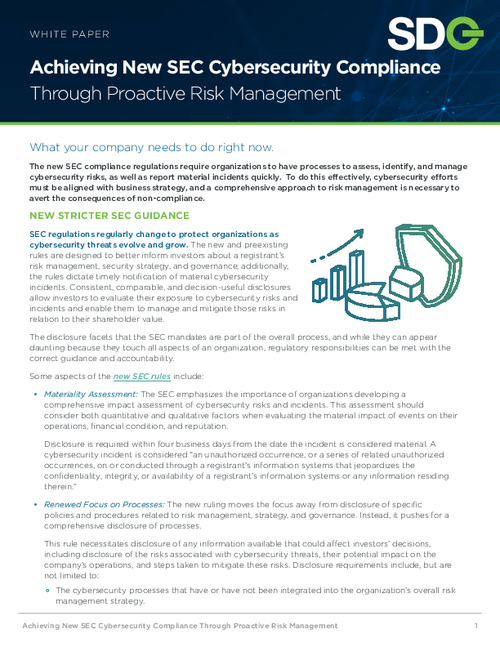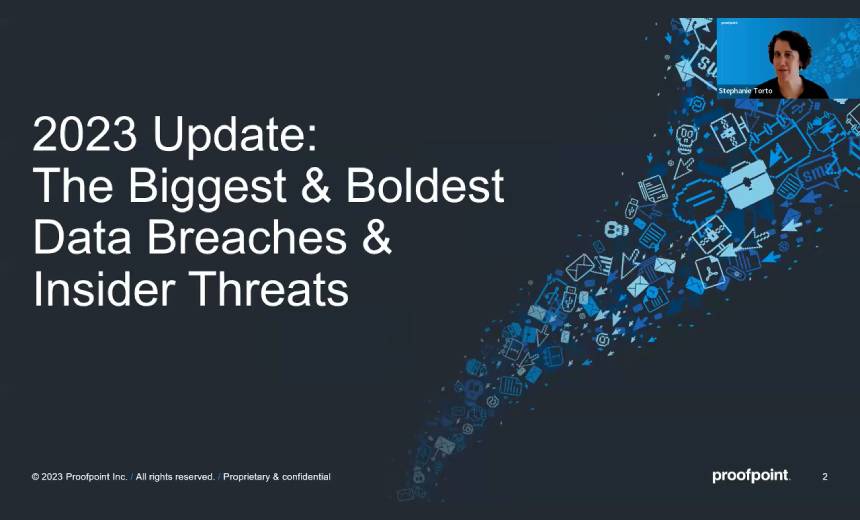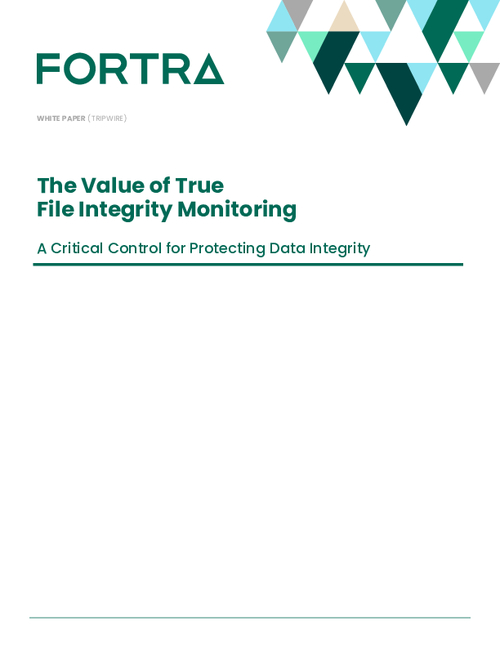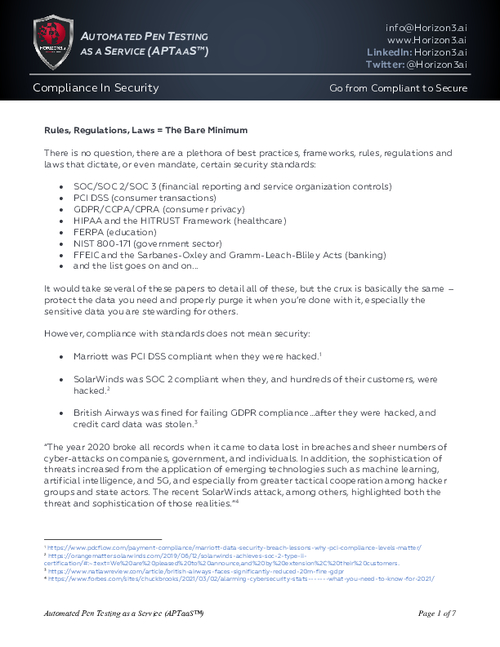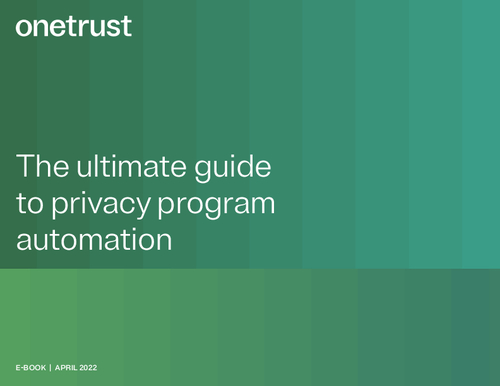Standards, Regulations & Compliance
Senators: No Internet Kill Switch in Bill
Idea of an Egyptian-Style Net Shutdown Occurring Here Dismissed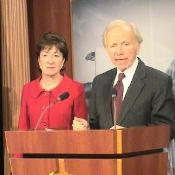
But the Senate sponsors of proposed legislation to define presidential authority in dealing with a national emergency took exception to the linkage between their bill and happenings in Egypt. "Nothing could be further from the truth," said a statement from Senate Homeland Security and Governmental Affairs Committee Chairman Joseph Lieberman, ID-Conn.; ranking member Susan Collins, R-Maine (both pictured); and Thomas Carper, D-Del., who chairs the panel's subcommittee with IT security oversight.
The senators pledged they would never endorse legislation to authorize anyone, including the White House, to shut down the Internet: "Emergency or no, the exercise of such broad authority would be an affront to our constitution."
The legislation the senators plan to introduce, similar to one they sponsored in the last Congress (see Senators Unveil Long-Awaited Cybersecurity Bill), would fix what they see are broad and ambiguous authorities the president holds. Among the ambiguous laws they cite is the Communications Act of 1934 that authorizes the president to shut down wire and radio communications providers in a national emergency.
They said their proposed legislation would include an emergency measure that is targeted at the nation's most critical infrastructure - networks and assets most essential to the functioning of society and the economy - to ensure they are protected from destruction. "Our legislation specifically says the president can only invoke the emergency authorities 'if there is an ongoing or imminent' attack that would 'cause national or regional catastrophic effects' by the disruption of the nation's most critical infrastructure," said the statement, posted Tuesday on the committee's website. "The legislative language defines 'national or regional catastrophic effects' as, among other things, 'a mass casualty event which includes an extraordinary number of fatalities' and 'mass evacuations with a prolonged absence.'"
Their bill also would forbid action that would violate the First Amendment and prohibit limiting Internet traffic, e-mails and other forms of communication - except those between critical infrastructure providers - unless no other action would prevent a regional or national catastrophe.
"Our bill already contains protections to prevent the president from denying Americans access to the Internet, even as it provides ample authority to ensure that those most critical services that rely on the Internet are protected," the senators said. "And, even though experts question whether anyone can technically 'shut down' the Internet in the United States, we will ensure that any legislation that moves in this Congress contains explicit language prohibiting the president from doing what President Mubarak did."


